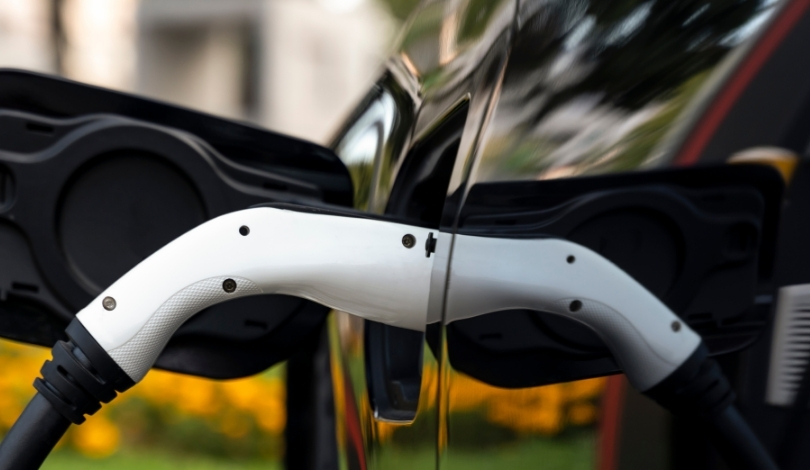The debate over Lidar technology in autonomous vehicles intensifies as Li Auto’s CEO, Li Xiang, criticizes Elon Musk’s reluctance to adopt it. This discussion highlights differing approaches to vehicle safety and technological advancements in the competitive electric vehicle market.
Past discussions have seen Musk firmly oppose Lidar, promoting Tesla Vision instead. However, Li Xiang argues that the unique driving conditions in China necessitate the inclusion of Lidar for enhanced safety.
Is Lidar Essential for Safety in Chinese Highways?
Li Xiang asserts that Lidar significantly improves safety for autonomous driving in China.
“I believe that if Musk had ever driven on different highways in China deep in the night, he would have chosen to keep a Lidar in the front as well.”
He emphasizes that the detection range of Lidar, which spans 200 meters, surpasses that of cameras limited to 100 meters, making it crucial for navigating complex road conditions prevalent in China.
How Do Li Auto’s Practices Compare to Other Chinese Automakers?
Li Xiang notes that most Chinese automakers pursuing autonomous driving integrate Lidar into their systems.
“I think it’s very important because our cars are family-oriented, and the safety of everyone’s life is very important.”
This widespread adoption underscores a collective prioritization of safety measures tailored to the specific challenges of Chinese roadways.
What Are Musk’s Arguments Against Lidar for Tesla?
Elon Musk maintains that Tesla can achieve full autonomy using only cameras and artificial intelligence through Tesla Vision. He describes Lidar as a “crutch” and predicts that reliance on it will prove disadvantageous in the long term. Despite acknowledging its use in SpaceX’s Dragon capsule, Musk contends that Lidar is unnecessary for Tesla’s autonomous driving goals.
The contrasting viewpoints between Li Auto and Tesla reflect broader industry debates on the optimal technologies for achieving safe and reliable autonomous driving. Li Xiang’s emphasis on Lidar for enhanced safety in specific environments challenges Musk’s vision of a camera-only approach, potentially influencing future technological strategies within the autonomous vehicle sector.
The integration of Lidar by Li Auto aligns with the company’s focus on safety and adapting to the unique driving conditions in China. This stance may influence other manufacturers to reconsider their technology choices, balancing cost, complexity, and safety in the development of autonomous vehicles.
- Li Auto CEO advocates for Lidar in China’s autonomous vehicles.
- Elon Musk prefers camera-based systems over Lidar for Tesla.
- Industry debate highlights differing safety approaches in autonomous tech.










